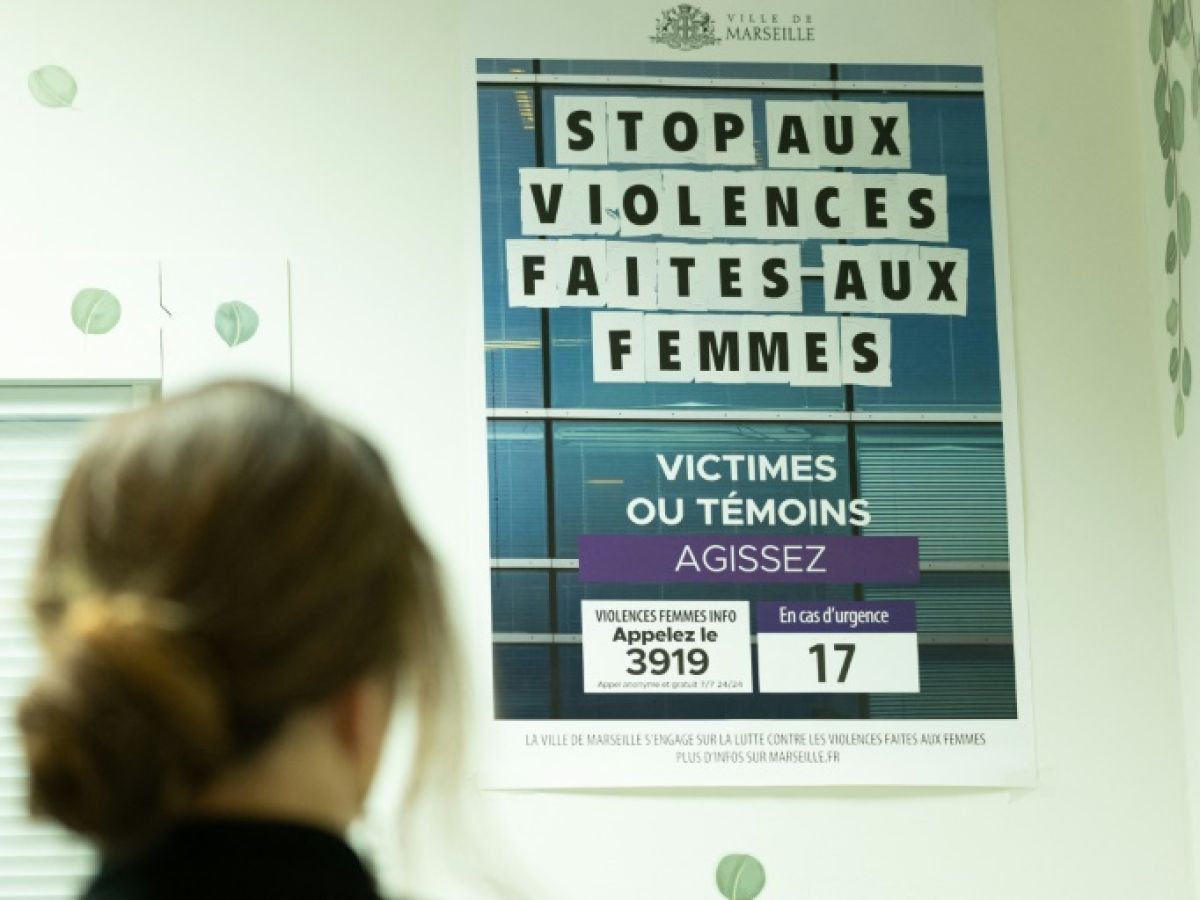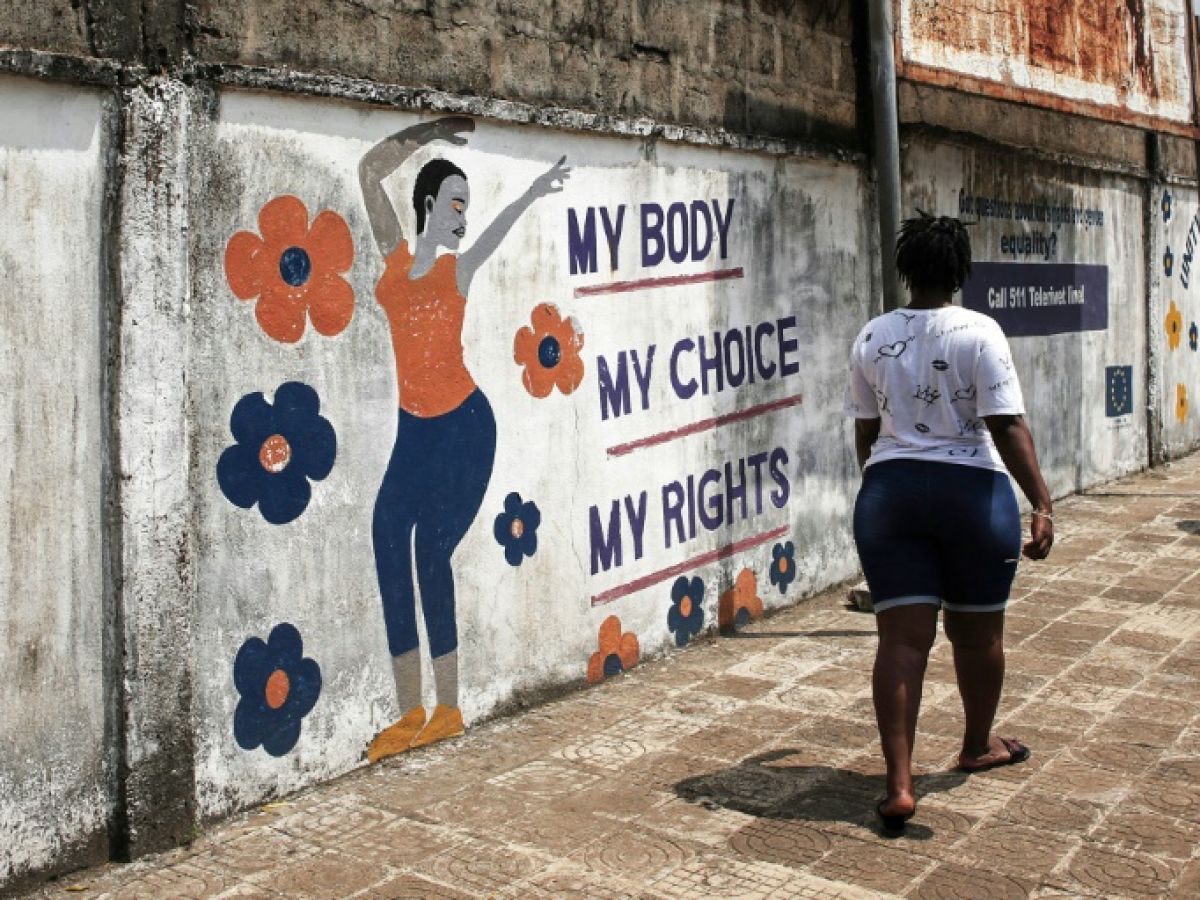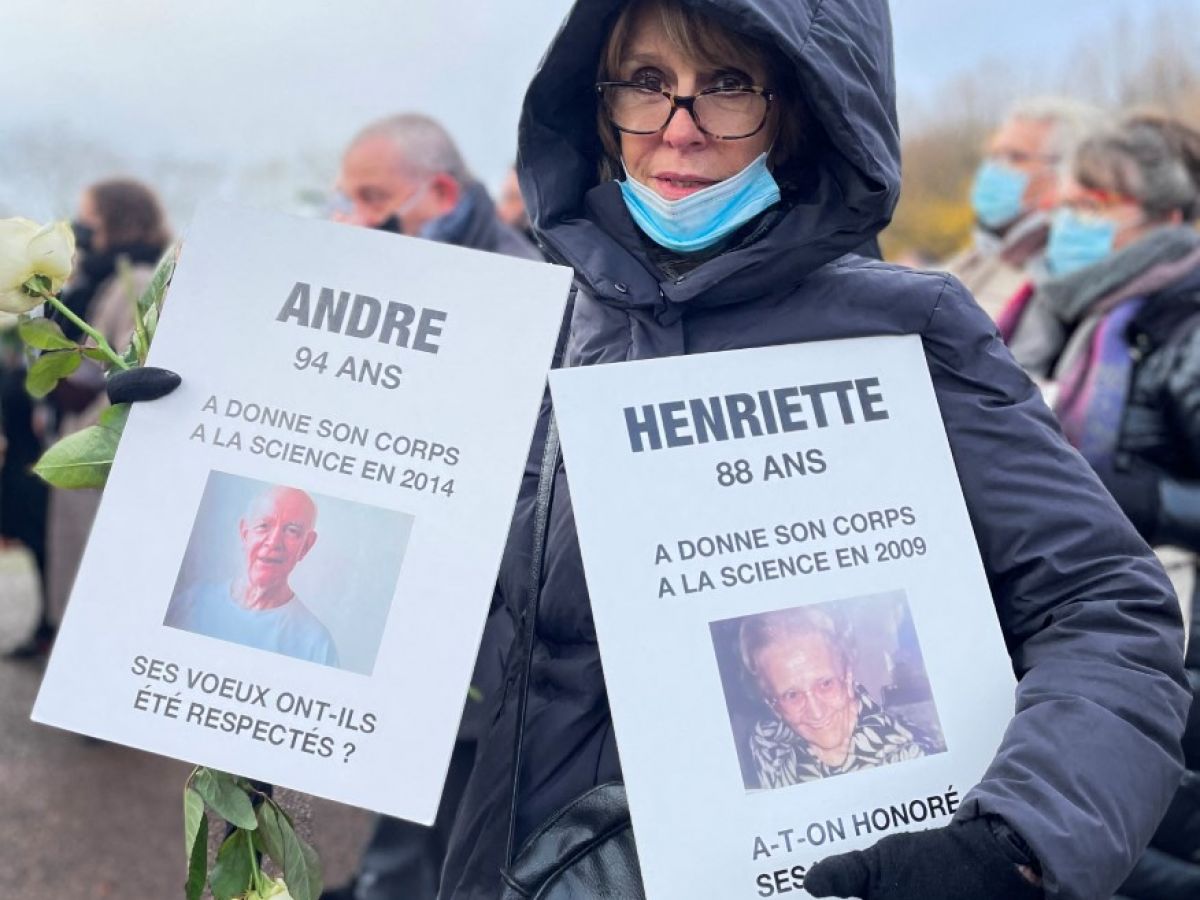When a victim of domestic violence leaves the hospital, she often finds herself on her own and therefore in danger. To support these patients, in the emergency room in Marseille, "sentinels", specially trained nurses, welcome them, protect them and liaise with the police.
It all started in 2016, says Audrey Franciosini, who created the scheme, one evening when firefighters brought a 19-year-old woman disfigured by her partner to the emergency room.
"I went to see her during the night and said: 'You can't go home like this, you're going to die'. She looked me straight in the eye and said: 'But actually, what can you do for me?' And I couldn't do anything for her..."
We learned to identify victims "by their posture and the location of their injuries", or even by "their incoherent speech, often the same", explains the "sentinel" Awen Kerdraon.
The injuries are also characteristic, notes his colleague Camille Choffat: bruises, bleeding, burns too, on the chest, head, back, caused by "kicks, punches or whatever he (the author, editor's note) has on hand."
– Anonymized patients –
On December 27, 2024, Awen Kerdraon is called on the sentries' phone for a thirty-year-old woman hit by her husband. As soon as she is received, the patient, shocked, is received in an individual box. The nurse recognizes her: the last time, she had been brought in by the firefighters, on a stretcher, unable to walk.

In the AP-HM computer network, her name is highlighted in red, a sign that she "does not exist" to the outside world: "if someone comes or calls to look for her, we tell them that we have no one by that name."
"You are not responsible for what is happening to you," Awen Kerdraon explains to the crying woman, "you are the victim in the story."
She entrusts her to a doctor, who continues the consultation and draws up a certificate to note the injuries "as clearly as possible for the courts". The young woman, in the process of separating, does not feel able to file a complaint immediately, she explains, but she wants to keep this paper in her file, "for later".
About fifty kilometers from Marseille, Virginie, an employee of France Travail and victim of domestic violence, would have liked to come across medical personnel trained like the sentinels, she confided to AFP. And she recounted her own consultation in an emergency department, with a doctor "more embarrassed" than her when she confided what she was going through.
"He didn't really know what to ask. He examined me as if it was just a fall, really..."

When she left the hospital, Virginie felt neither "reassured nor listened to. I left like a poor girl, that's really the feeling I had..."
– Caught in the act –
To avoid leaving these women "in the wild", exposing them to reoffending, the sentries also count on the police.
Cooperation is not always easy, acknowledges Didier Khatchadourian, a judicial police officer at the Noailles police station in downtown Marseille, between "two very different worlds", the hospital and the police.
"Here, we work with people who understand the criminal procedure, who are experienced in these issues and who have discernment, that changes everything," he acknowledges: all it takes is for a "sentinel" to call the police station to report a patient who has come for assault and battery, kidnapping, rape, even if the victim has not filed a complaint.
The system allows police officers to act "in flagrante delicto", since "in 80% of cases, the victim comes to the hospital within 24 hours of the incident".
If the violent partner is in the waiting room, or at home, "we can act very quickly and go straight to arrest him." Always keeping in mind "the safety of the victim, so that in the evening I can go to bed thinking 'she's not going to get killed'," the police officer continues.
Despite all their efforts, the sentinels sometimes encounter refusals from victims when faced with their offer of help. But "we are not there to influence their decision," recalls Audrey Franciosini. "These women have already too often been prevented from thinking for themselves, we cannot decide for them."


